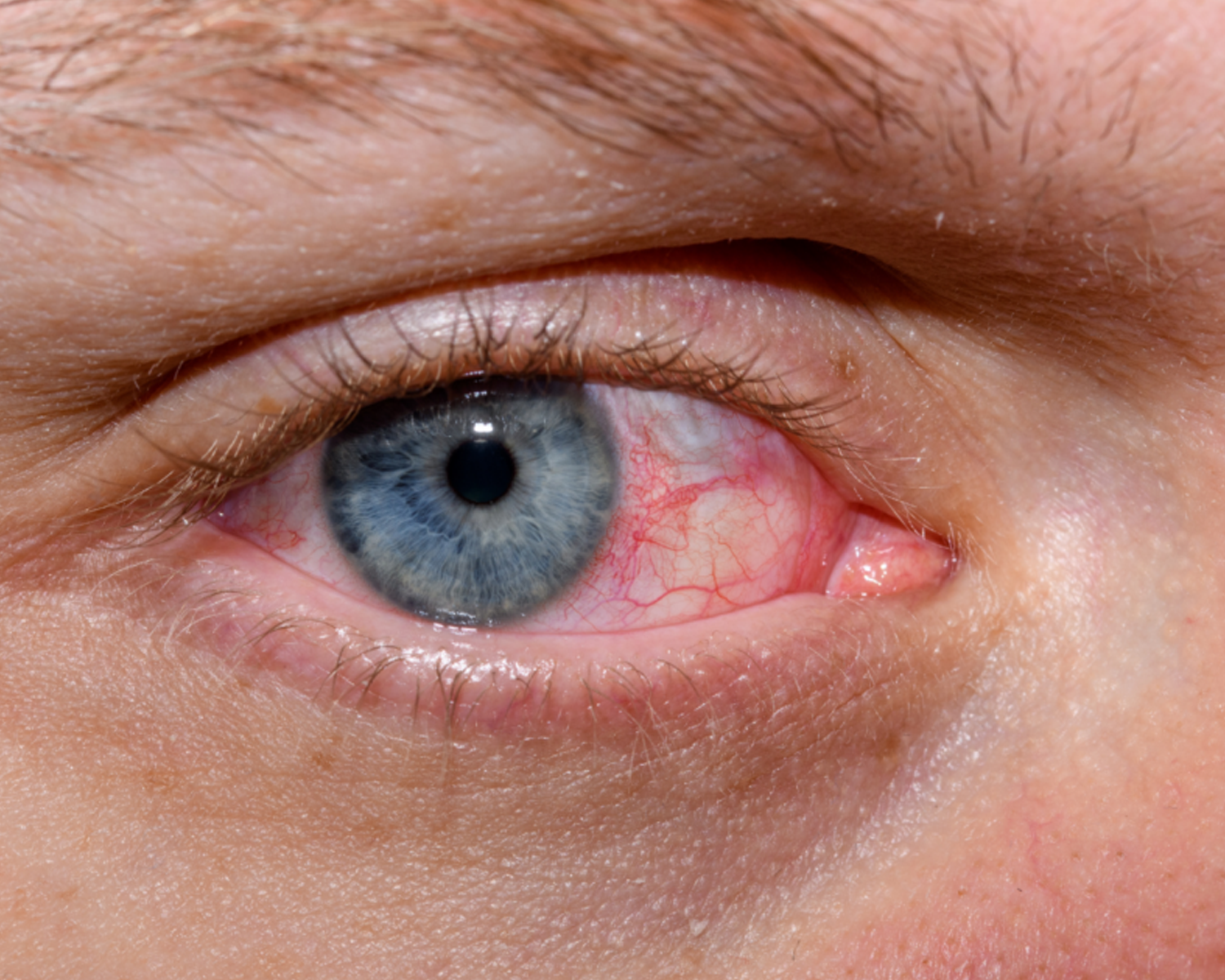
Dry eyes
Dry eyes can be uncomfortable, and it's often caused by either insufficient tear production or poor-quality tears. Some common symptoms include irritation, redness, a feeling of something in your eye, and even blurry vision.
A few common causes of dry eyes include:
Environmental factors : Wind, dry air, smoke, or air conditioning can all dry out your eyes.
Screen time : Staring at screens for long periods without blinking enough can contribute to dry eyes.
Aging : As people age, especially after 50, tear production tends to decrease.
Medications : Some medications like antihistamines, decongestants, or antidepressants can reduce tear production.
Health conditions : Conditions like autoimmune diseases (e.g., Sjögren's syndrome), diabetes, or thyroid disorders can contribute to dry eyes.
There are several ways to manage dry eyes:
Artificial tears : Over-the-counter lubricating eye drops can help relieve dryness.
Adjust your environment : Using a humidifier or wearing sunglasses outside to protect your eyes from the wind can help.
Frequent blinking : This helps spread your natural tears more evenly over the eye surface, especially when looking at screens.
Eye hygiene : Gently washing your eyelids with a warm cloth or using lid scrubs can help improve eye comfort.
If your dry eyes persist or worsen, it may be worth seeing an eye doctor, as there are medical treatments and prescription drops that can be helpful.


